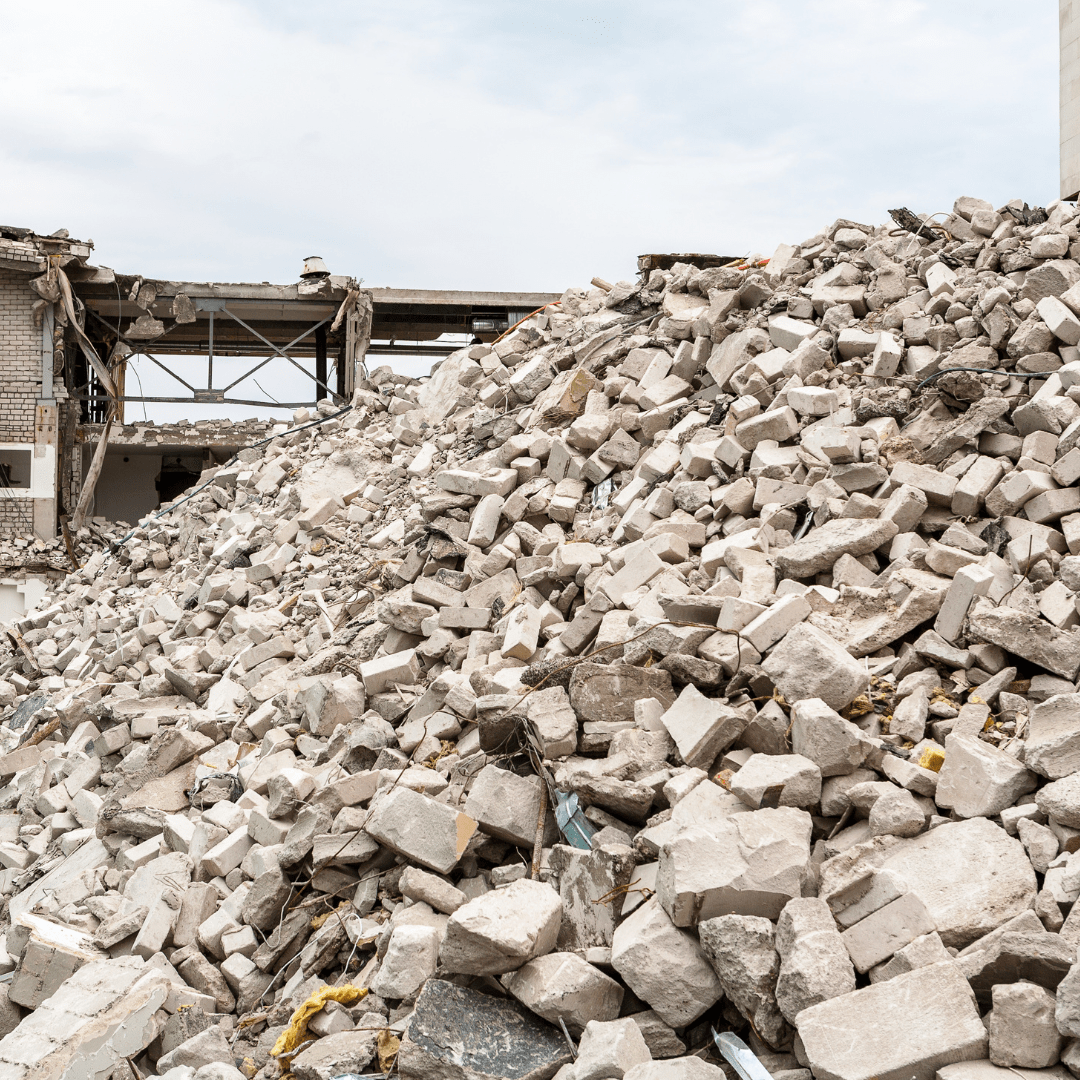
Concrete pollution
- In stock, ready to ship
- Backordered, shipping soon
Concrete Pollution Analysis
Looking for a concrete pollution analysis? Look no further, you've come to the right place!
| Settings analyzed |
| PCB (7) |
| HCT (C10-C40) |
| HAP (16) |
| BTEX |
| Metals : antimony, arsenic, barium, cadmium, chromium, copper, mercury, lead, molybdenum, nickel, selenium, zinc. |
| Fluorides |
| Chlorides |
| Sulfate |
Concrete Pollution: Analysis and Responsible Management
Concrete from demolitions can contain pollutants such as hydrocarbons, heavy metals, and asbestos. Without proper management, this waste risks contaminating soil and groundwater. This is why a precise assessment is essential before any reuse or landfill.
Why Use an ISDI Pack?
The ISDI (Inert Waste Storage Facilities) package helps analyze and classify concrete waste. It includes several essential steps:
- First, chemical analyses are carried out to detect pollutants present in the concrete.
- Then, an assessment is carried out to determine if the concrete can be reused.
- Finally, a detailed report is provided to effectively guide waste management.
What are the risks without a concrete pollution analysis?
Failure to analyze concrete waste can have serious consequences.
- First, it can lead to contamination of soil and storage sites.
- In addition, it exposes people to sanctions in the event of non-compliance with environmental standards.
- Finally, this generates additional costs for processing non-compliant waste.
Why Call an Expert?
Concrete contamination analysis requires specific expertise. A specialized laboratory offers several key advantages:
- First of all, it ensures precise identification of pollutants present in the concrete.
- Then, it ensures compliance with ISDI regulations, which is crucial to avoid any sanctions.
- Finally, this analysis allows for optimization of waste management costs.
Conclusion
Having your concrete waste analyzed with an ISDI package is essential for responsible waste management. This approach limits environmental impact while avoiding unnecessary costs. It also ensures that your waste is managed in compliance with standards. So don't take any risks: have your waste assessed before taking any action to ensure optimal management!
Dimensions:
Reusable collection kit box: 20cm x 18cm x 10cm weighing approximately 110 grams.
The test kit includes a sample collection bag, instructions, shipping box, and prepaid postage.
Nothing could be simpler!
- Take your concrete: Wet the area to be sampled beforehand. Take your asphalt in pieces of approximately 10 cm. You must take 300 grams of material for the sample to be representative.
- Condition your concrete: Place the concrete in the provided bag. Be careful to double-pack it to prevent any risk of loss.
- Send your sample: Place the collection bag in the reusable shipping carton. Affix the provided DHL label to the package. Seal the box using the provided tape. Take your package to the nearest DHL Express point.
The analysis kit is quick and easy to use. You will receive a detailed, electronic, concise, and easy-to-understand report. You will not only receive information on the presence of pollutants, but also tailored advice on how to address them.

